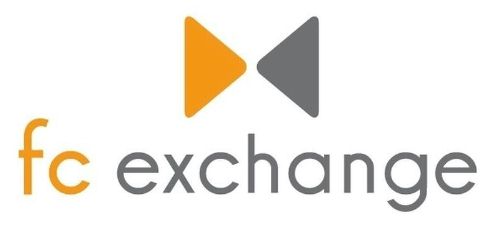GB POUND
Started the week at 1.1712 against the Euro and 1.3092 against the US Dollar.
Data showed that UK banks approved the lowest amount of mortgages since July 2015. Mortgage approvals in June were 64,152 compared with 60,912 in July.
House prices increased in August according to a report from Nationwide. The building society said that house prices increased by 0.1% in August to 0.6%.
UK manufacturing produced a positive shock as manufacturing PMI jumped from 48.3 in July to 53.3 in August, the highest reading in 10 months. A figure above 50 is seen as an indication the sector is expanding.
The pound reacted favourably to the positive news gaining 0.9% against the euro, and 0.7% against the US dollar.
EURO
After a three-year long investigation, the European Commission has concluded that Apple’s tax deal with Ireland is illegal, the commission said that deal had allowed Apple to pay corporate tax of less than 1%, and that it should repay Ireland €13bn. Michael Noonan Ireland’s finance minister said he disagreed profoundly with the decision and will be appealing.
Apple CEO Tim Cook responded with an open letter and said “We now find ourselves in the unusual position of being ordered to retroactively pay additional taxes to a government that says we don't owe them any more than we've already paid,” Cook also said “Beyond targeting Apple, the most profound and harmful effect of this ruling will be on investment and job creation in Europe. Using the Commission’s theory, every company in Ireland and across Europe is suddenly at risk of being subjected to taxes under laws that never existed”.
US DOLLAR
The consumer confidence index in the US hit 101.1 in August, a notable increase from the 96.7 figure posted in July.
US non-farm payrolls data was disappointing, forecast at 180,000 it limped in at 151,000 and was way below July’s 275,000 number. This will certainly change the odds on whether the Fed will increase the interest rate in September, experts are now saying the likelihood of a rate hike has dropped from 34% to 20%.
The employment rate in the US remained unchanged from last month at 4.9% missing the forecast of 4.8%.
Elsewhere
Finally, some good news for the Japanese economy as official data showed that the unemployment rate fell to 3%, the lowest level in 21 years.
Nigeria’s economy has officially slipped into a recession; the latest growth figures show Nigeria’s economy shrunk by 2.06% between April and June, this is now the second consecutive quarter the economy has contracted which is the definition of recession.
Crude oil sales are responsible for 70% of the governments income, the price of oil has plummeted from $112 a barrel in 2014 to below $50 in 2016.
Manufacturing PMI data showed that Chinese factory activity expanded at its fastest pace in nearly two years in August. The Purchasing Managers Index increased to 50.4 in August, a marked increase on July’s reading of 49.9.
Positive News for the Pound V Euro and US Dollar Rate


